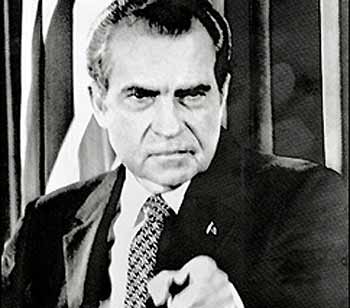|
US govt skewed intelligence to enter Vietnam War
(AP)
Updated: 2005-12-02 09:20
A spy-agency analysis released Thursday contends a second attack on U.S.
ships in the Gulf of Tonkin never happened, casting further doubt on the leading
rationale for escalation of the Vietnam War.
Much as faulty U.S. intelligence preceded the invasion of Iraq, the
mishandling of intercepted communications 40 years earlier is blamed in the
National Security Agency paper for giving President Johnson carte blanche in the
conflict.
The agency put out more than 140 long-secret documents in response to
requests from researchers trying to get to the bottom of an episode that
unfolded in the South China Sea on Aug. 4, 1964, and has been disputed since.
Among the documents is an article written by one of the agency's historians
for its classified publication, Cryptologic Quarterly, declaring that his review
of the complete intelligence shows beyond doubt "no attack happened that night."

File photo dated 27 October 1973 of the 37th
President of the United States, Richard Millhouse Nixon, as he speaks to
journalists during a press conference.
[AFP/file] | Claims that North Vietnamese boats
attacked two warships that Aug. 4 錕斤拷 just two days after an initial assault on
one of those ships 錕斤拷 rallied Congress behind Johnson's buildup of the war. The
Gulf of Tonkin resolution passed three days later empowered him to take "all
necessary steps" in the region and opened the way for large-scale commitment of
U.S. forces.
"The parallels between the faulty intelligence on Tonkin Gulf and the
manipulated intelligence used to justify the Iraq war make it all the more
worthwhile to re-examine the events of August 1964 in light of new evidence,"
said researcher John Prados.
Prados is a specialist on the Gulf of Tonkin at George Washington
University's National Security Archive, which is not affiliated with the
National Security Agency, and which pressed for release of the documents through
Freedom of Information requests and other means.
The article, by NSA historian Robert J. Hanyok, reviews
signals intelligence, or SIGINT, from that time and concludes top administration
officials were only given material supporting the claim of an Aug. 4 attack 錕斤拷
not the wealth of contradictory intelligence. His study was published in 2001
and does not necessarily reflect the agency's position.
|